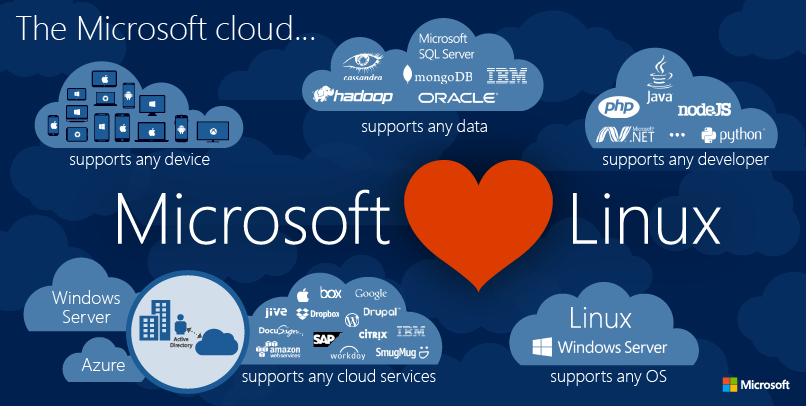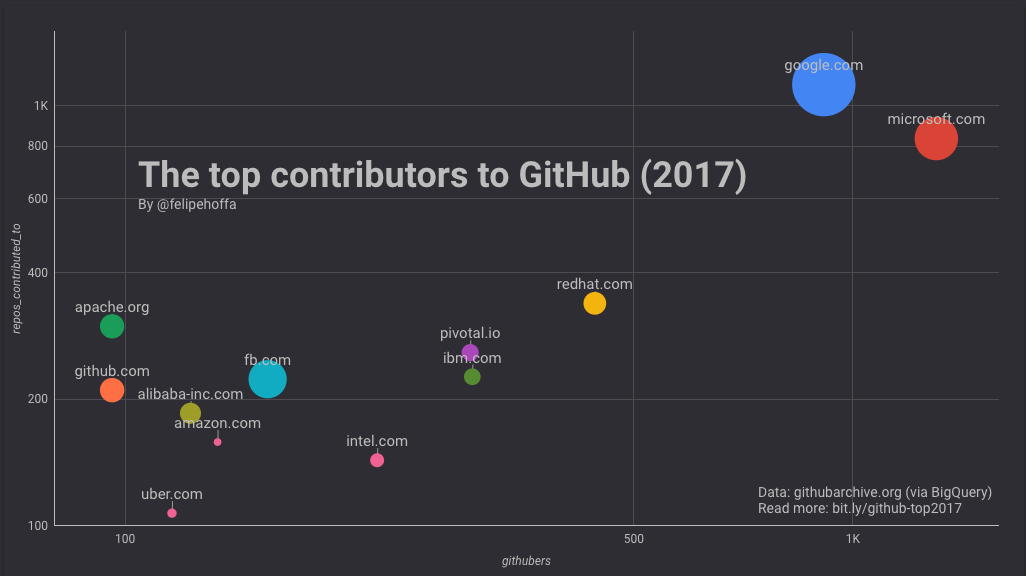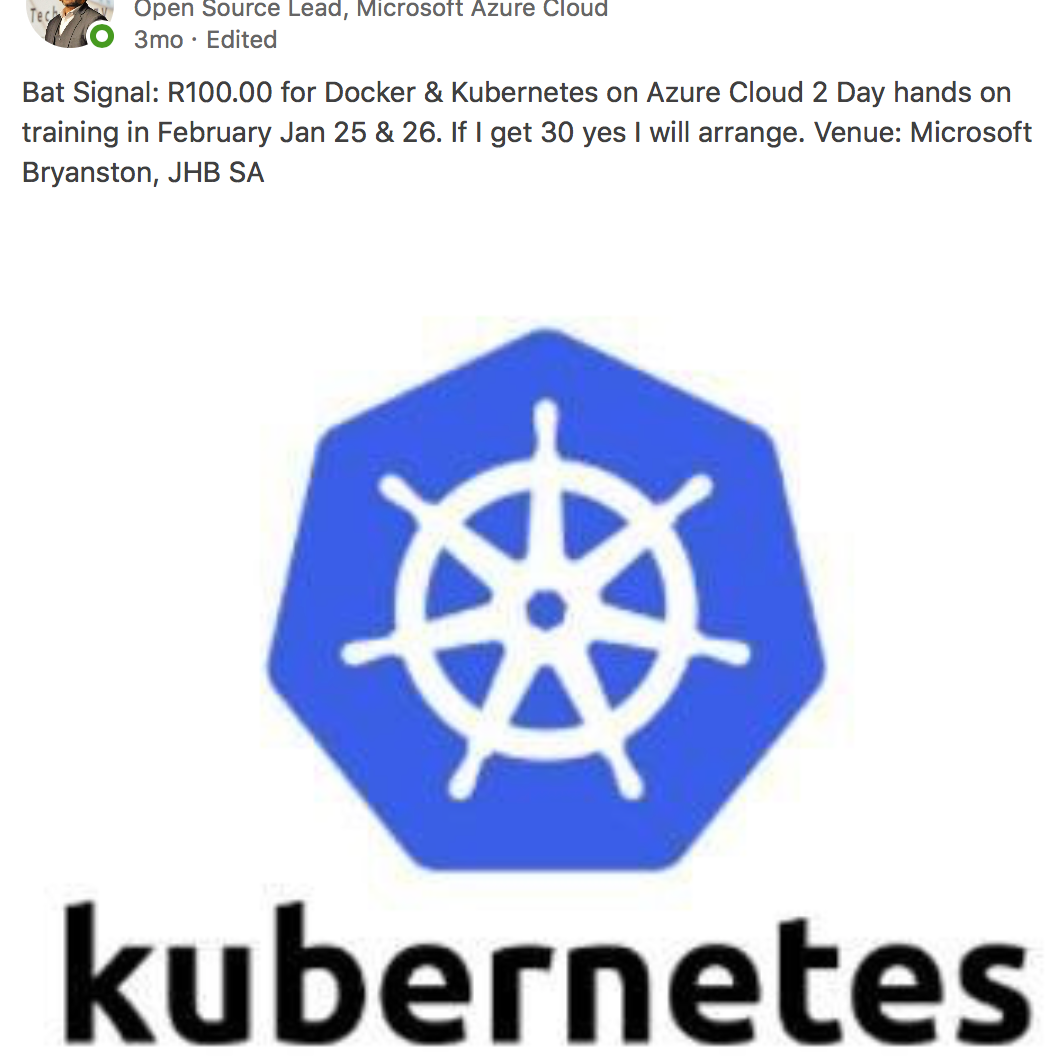Flask on AWS Serverless: A learning journey - Part 2
About 3 years ago I learnt some basic Python, which I've used almost exclusively to
There are a few popular and well known cases where companies have reinvented themselves, to adapt to the times and market, and stay more relevant (I've written about relevance here and here). IBMs move away from PCs, and Steve Job's reinvention of Apple. But for me, the one that I have witnessed myself, is Microsoft's change. Heres why:

Amazon started 14 years ago with the lauch of AWS in 2004. It took Microsft 6 years later to launch Azure in 2010, but since then, they have really gotten big into Cloud. They have compartive features, but where Azure wins, is that they have a true Hybrid Cloud offering, and they the first CSP to announce a presence in Africa. The UX of the Azure GUI is really good looking (unlike AWS), which is what MS has always been good at. The [Azure integration into Visual Studio Code], the open source IDE from MS,(https://www.hanselman.com/blog/AzureCloudShellYourOwnBashShellAndContainerRightInsideVisualStudioCode.aspx) is also really impressive
Back in 2001, then Microsoft CEO Steve Ballmer famously described Linux as 'a cancer', but things have drastically changed. MS is now one of the leading contributors to Open Source:

For me, the biggest sign of this is that MS employs people with titles such as "Open Source Lead". They also hired from Google one of the founders of Kubernetes
Kubernetes, originated in Google only 3 years ago, has really made containers come into the mainstreams in a big way. MS has hired one of the founders, who leads k8s now as MS, and has led to their recent launch of AKS on Azure
Together with that, MS bought a Deis - a startup that made tools around k8s, and have continued to keep it open source, and has now built it into Azure.
They had also made great strides working with Docker to get containers running natively in Windows
Leadership is far more that just the CEO, but it certainly does count when the top leaders are dedicated to change:
In the past, Microsoft’s business focus meant that .NET, and thus PowerShell, were only available on Windows. But this is a new Microsoft. Satya’s leadership and Azure have shifted us to a more open, customer-centric, mindset
They seemed to have embraced one of the their biggest competitors - Open Source - and now use it to their advantage, in a way that is a win-win for everyone. They have made brave moves, moving over to Git, and making Linux and BSD first class citizens in HyperV and Azure.
Beyond the data and numbers, the vibe at MS is now so different. I have been invited twice so far for Azure Kubernetes Blackbelt sessions at the MS offices in SA. The initial invite went out on LinkedIn to the public:

The training was awesome - it was run by an ex-AWS guy, using a Mac. No mention was made of Windows anywhere in the instructions. I attended a Google Cloud event a few months back, and when we noticed that one of the speakers had an iPhone, they made a comment that Google is open to anyone using any tech, and the Google Head of Africa mentioned he heard of an MS event in which they asked someone to leave because he used a Mac or iPhone. I don't think this is true of the MS I seen recently.
I have used Linux as my OS for most of my corporate career, and using Mac for the last for years. I use Office365, and the Mac version of Outlook, Word, etc, and they work really well on the Mac.
My first smart phone was a Windows HTC in 2008, and since then I have been on Android. I use the Outlook app for mail, and I am impressed with MSs other Android apps: Teams, Delve, etc.